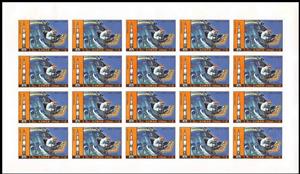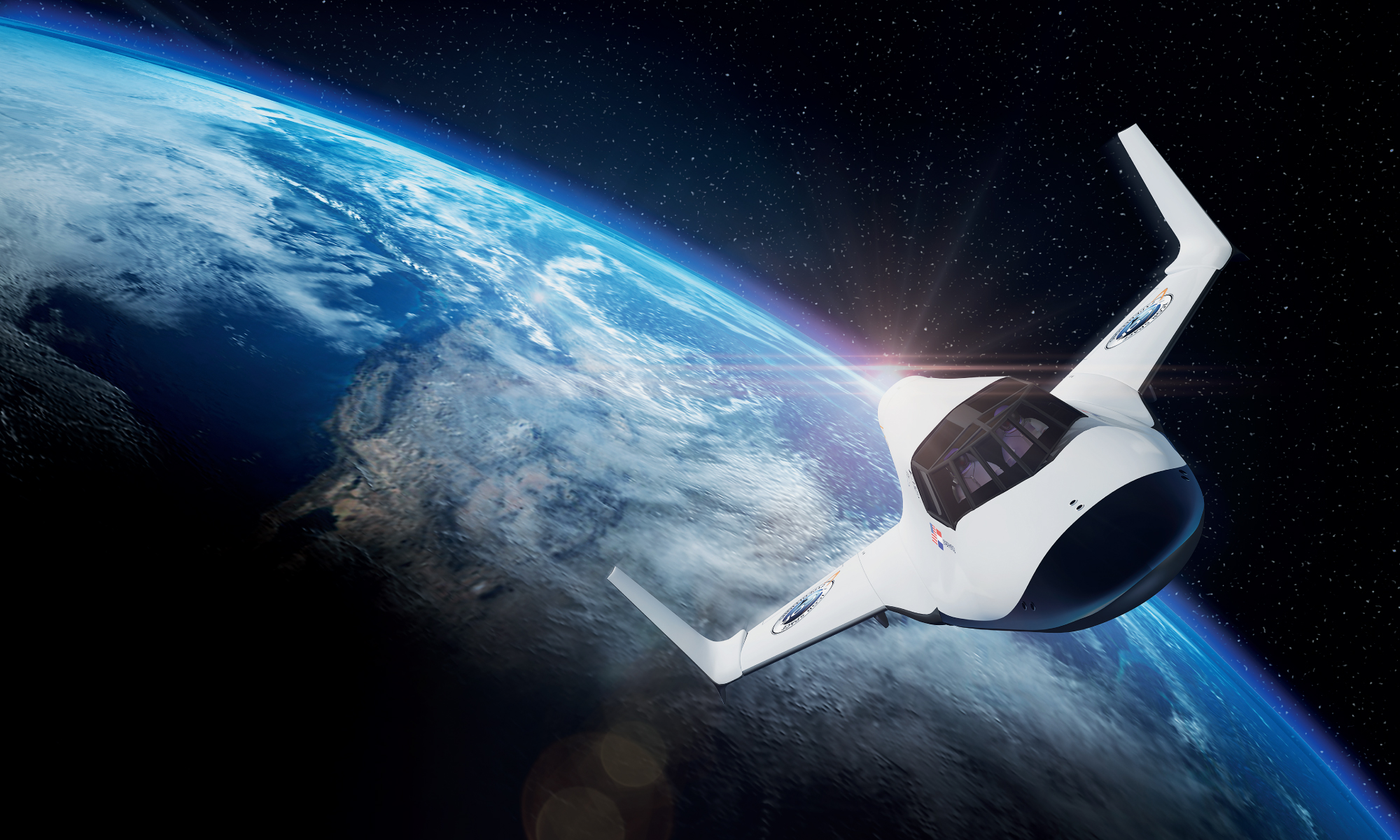Full Pane: Apollo 9 (3.3.1969): Scott, Mc Divitt, Schweickart (Ajman 1970)
Apollo 9 (3.3.1969): Scott, Mc Divitt, Schweickart (Ajman 1970)
05 January (Ajman ) within release Apollo program: Apollo 1-12 goes into circulation Full Pane Apollo 9 (3.3.1969): Scott, Mc Divitt, Schweickart face value 20*5 United Arab Emirates dirham
| Full Pane Apollo 9 (3.3.1969): Scott, Mc Divitt, Schweickart in catalogues | |
|---|---|
| Colnect codes: | Col: AJ 1970.01.05-4d |
Full Pane is square format.
Not mentioned by MichelAlso in the issue Apollo program: Apollo 1-12:
- Stamp - Apollo 1 (27.1.1967): Chaffee, White, Grissom face value 1;
- Stamp - Apollo 9 (3.3.1969): Scott, Mc Divitt, Schweickart face value 5;
- Stamp - Apollo 10 (18.5.1969): Cernan, Young, Stafford face value 10;
- Stamp - Apollo 11 (16.7.1969): Aldrin, Collins, Armstrong face value 3;
- Stamp - Apollo 12 (14.11.1969): Conrad, Bean, Gordon face value 5;
- Souvenir Sheet - Apollo 12 (14.11.1969) face value 15;
- Stamp - Apollo 12 (14.11.1969) face value 15;
- Stamp - Apollo 1 (27.1.1967): Chaffee, White, Grissom face value 1;
- Souvenir Sheet - Apollo 1 (27.1.1967): Chaffee, White, Grissom face value 1;
- Stamp - Apollo 10 (18.5.1969): Cernan, Young, Stafford face value 10;
- Souvenir Sheet - Apollo 10 (18.5.1969): Cernan, Young, Stafford face value 10;
- Stamp - Apollo 11 (16.7.1969): Aldrin, Collins, Armstrong face value 3;
- Souvenir Sheet - Apollo 11 (16.7.1969): Aldrin, Collins, Armstrong face value 3;
- Souvenir Sheet - Apollo 12 (14.11.1969) face value 15;
- Stamp - Apollo 12 (14.11.1969): Conrad, Bean, Gordon face value 5;
- Souvenir Sheet - Apollo 12 (14.11.1969): Conrad, Bean, Gordon face value 5;
- Stamp - Apollo 7 (11.10.1968): Schirra, Cunningham, Eisele face value 2;
- Souvenir Sheet - Apollo 7 (11.10.1968): Schirra, Cunningham, Eisele face value 2;
- Stamp - Apollo 8 (21.12.1968): Borman, Lovell, Anders face value 4;
- Souvenir Sheet - Apollo 8 (21.12.1968): Borman, Lovell, Anders face value 4;
- Stamp - Apollo 9 (3.3.1969): Scott, Mc Divitt, Schweickart face value 5;
- Souvenir Sheet - Apollo 9 (3.3.1969): Scott, Mc Divitt, Schweickart face value 5;
- Full Pane - Apollo 1 (27.1.1967): Chaffee, White, Grissom face value 20*1;
- Full Pane - Apollo 10 (18.5.1969): Cernan, Young, Stafford face value 20*10;
- Full Pane - Apollo 7 (11.10.1968): Schirra, Cunningham, Eisele face value 20*2;
- Full Pane - Apollo 8 (21.12.1968): Borman, Lovell, Anders face value 20*4;
- Full Pane - Apollo 9 (3.3.1969): Scott, Mc Divitt, Schweickart face value 20*5;
- Full Pane - Apollo 11 (16.7.1969): Aldrin, Collins, Armstrong face value 20*3;
- Full Pane - Apollo 12 (14.11.1969): Conrad, Bean, Gordon face value 20*5;
Full Pane Apollo 9 (3.3.1969): Scott, Mc Divitt, Schweickart it reflects the thematic directions:
An astronaut (from the Ancient Greek ἄστρον (astron), meaning 'star', and ναύτης (nautes), meaning 'sailor') is a person trained, equipped, and deployed by a human spaceflight program to serve as a commander or crew member aboard a spacecraft. Although generally reserved for professional space travelers, the term is sometimes applied to anyone who travels into space, including scientists, politicians, journalists, and tourists
Outer space (or simply space) is the expanse that exists beyond Earth's atmosphere and between celestial bodies. It contains ultra-low levels of particle densities, constituting a near-perfect vacuum of predominantly hydrogen and helium plasma, permeated by electromagnetic radiation, cosmic rays, neutrinos, magnetic fields and dust. The baseline temperature of outer space, as set by the background radiation from the Big Bang, is 2.7 kelvins (−270 °C; −455 °F)
A rocket (from Italian: rocchetto, lit. 'bobbin/spool') is a vehicle that uses jet propulsion to accelerate without using any surrounding air. A rocket engine produces thrust by reaction to exhaust expelled at high speed. Rocket engines work entirely from propellant carried within the vehicle; therefore a rocket can fly in the vacuum of space. Rockets work more efficiently in a vacuum and incur a loss of thrust due to the opposing pressure of the atmosphere.




